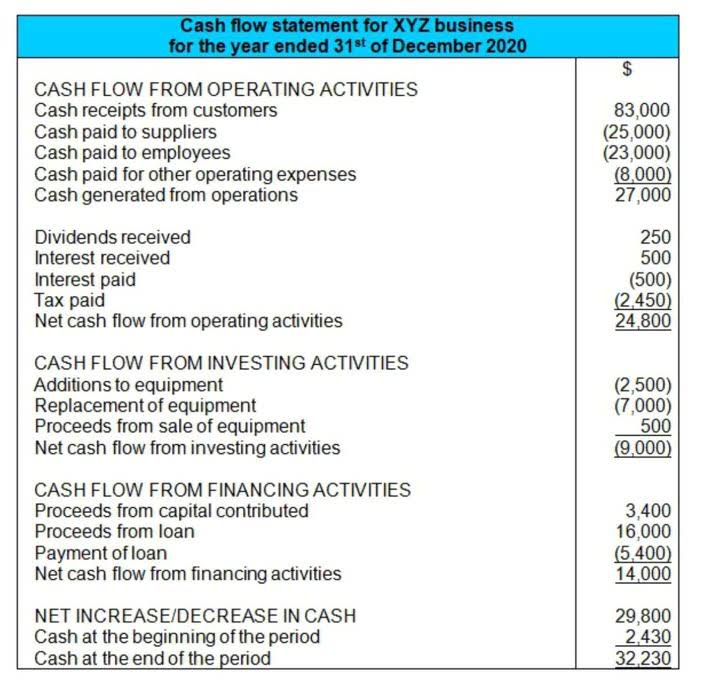
Before working at PolicyGenius, Tyler worked as Wealth Management Advisor at prominent financial services organizations. fica meaning Not paying FICA taxes can result in penalties and interest from the IRS. Additionally, failing to contribute to Social Security may affect your eligibility for benefits in retirement or disability. Most employees cannot opt out of paying FICA taxes as they are mandatory. However, specific groups with religious or moral objections to public insurance may be exempt if they meet stringent IRS criteria. Your payroll FICA deduction isn’t the only thing that changes.
FICA Wage Base and Taxable Limits
The Federal Insurance Contributions Act (FICA) is a United States federal law that mandates a payroll tax on both employees and employers to fund Social Security and Medicare programs. These programs provide benefits for retirees, the disabled, and children of deceased workers. In a nutshell, payroll tax is an umbrella term that covers several different taxes deducted from an employee’s wages. These taxes fund critical government programs, like Social Security, Medicare, and unemployment insurance. Employers are responsible for withholding and remitting these taxes to the appropriate agencies. FICA is a payroll tax, and it’s short for the Federal Insurance Contributions Act.
Fair Pay Starts with with Accurate Time Tracking
These deductions are your contributions to long-term security, both for you and fellow citizens—not just pesky deductions from your monthly budget. Yep, starting your own business has its rewards, but unfortunately, being self-employed doesn’t get you off the hook when it comes to paying taxes—especially paying FICA taxes. See, the Self-Employment Contributions Act (SECA) says you still have to contribute to Social Security and Medicare, even if you’re self-employed. That means you’ll shell out a total of $7,650 (7.65% of your taxable income) for FICA taxes. Yes, for the Social Security portion of FICA, there is a wage cap, which changes annually based on inflation. For 2024, this cap is set at $147,000, meaning income above this threshold is not subject to Social Security tax.
What is FICA on my paycheck for?
Diving into the details of your paycheck, have you ever noticed specific deductions labeled FICA? Understanding these deductions can really clear up a lot of confusion about where your hard-earned money goes. FICA stands for Federal Insurance Contributions Act and it primarily funds Social Security and Medicare programs. Basically, an employer withholds or automatically deducts a certain percentage of each paycheck to pay the withholding tax. Nobody likes having money withheld from their paycheck, especially for something as yucky as taxes. But if you’re an American and an employee (or an employer), chances are you’re one of the lucky millions required to pay into FICA.
This means that the average financial accountant in the United States will have a take-home pay of $4,158 if pre-tax deductions are already taken out of their gross monthly salary. The reduction of take-home income also means that the employees will owe less in income taxes in the long run, which can save more money virtual accountant in the long run. This can help both companies and employees gain better pay equity in the long run as well. If you only have one employer, you usually don’t have to worry about overpaying your FICA taxes.

Is FICA tax the same as Social Security?
- This averages at around $13,890 in taxes paid in 2022, and professionals foresee that the tax adjustments will see a 2.6% increase for the tax year 2025.
- The proportion of total income that is exempt from FICA tax as “unearned income” tends to rise with higher income brackets.
- However, the taxes are levied on your net earnings instead of gross pay and you’ll pay both the employee and employer portions.
- Policy makers are considering a variety of actions that could rectify this situation.
- Yep, starting your own business has its rewards, but unfortunately, being self-employed doesn’t get you off the hook when it comes to paying taxes—especially paying FICA taxes.
The FICA taxes consist of a 6.2% Social Security tax, 1.45% Medicare tax, and potentially a 0.9% Medicare surtax, depending on your income. Get familiar with the basics of FICA withholding, including how much you can expect to pay in FICA taxes. However, the general formula when calculating an employee’s taxable income with pre-tax deductions considered can be seen below. It’s all about securing support as we or our loved ones age or face hardships.
- There are some more, but that would vary from one company to another.
- Understanding these deductions can really clear up a lot of confusion about where your hard-earned money goes.
- This deduction ensures you contribute toward future benefits like retirement income and healthcare.
- Or, get unlimited help and advice from tax experts while you do your taxes with TurboTax Live Assisted.
- If you still have questions about why you have to pay the FICA tax or how it affects your income, reach out to a RamseyTrusted tax expert!
Employees of some state governments and local governments
Although it’s far less frequent, the retirement age has also increased. At one time, everyone was eligible to apply for Social Security payments at 65. Now, you’ll probably need to be 67 to qualify for full retirement benefits. Those born retained earnings before 1960 can retire at 66 and receive full benefits. There is an option to retire as early as age 62 with permanently reduced benefits.
- The Additional Medicare tax is levied on those with income of $200,000 or more and a single, head of household, or qualifying widower filing status.
- Employers who do not properly deduct payroll taxes from employee wages may be subject to interest, fines, and penalties, including civil monetary penalties, criminal prosecution, and even jail.
- It introduced the FICA tax as the means to pay for Social Security.
- Join thousands of businesses and households who trust SurePayroll for their payroll and HR needs.
- In 1965, the FICA tax expanded to include a tax for Medicare, a kind of health insurance for retirees, disabled workers or survivors of workers.
- In addition to the FICA amounts withheld from employees’, the employer must match the FICA taxes withheld from employees.
What Is FICA? Understanding Payroll Taxes and How They Affect You

If you’re behind on FICA taxes, it’s best to address the issue quickly by working out a payment plan with the IRS to avoid escalating consequences. If you’re juggling more than one employer, each one must withhold Social Security taxes as if you haven’t hit the wage cap — because they don’t coordinate with each other. That means you could end up paying more Social Security tax than necessary.

So if your employee grossed $500, you’ll multiply $500 by 6.2 percent to get the amount to deduct from that employee’s pay. If you don’t have an employer, no one can handle FICA on your behalf. You’ll need to pay the FICA percentage on your earnings, 15.3 percent, in something called a self-employment tax. This 15.3 percent includes 12.4 percent for Social Security and 2.9 percent for Medicare. The IRS advises you to pay taxes on your earnings in quarterly installments, called estimated taxes, to avoid owing penalties at tax times. When someone asks, “What is FICA tax?” the answer depends on whether an employee or an employer is asking it.


